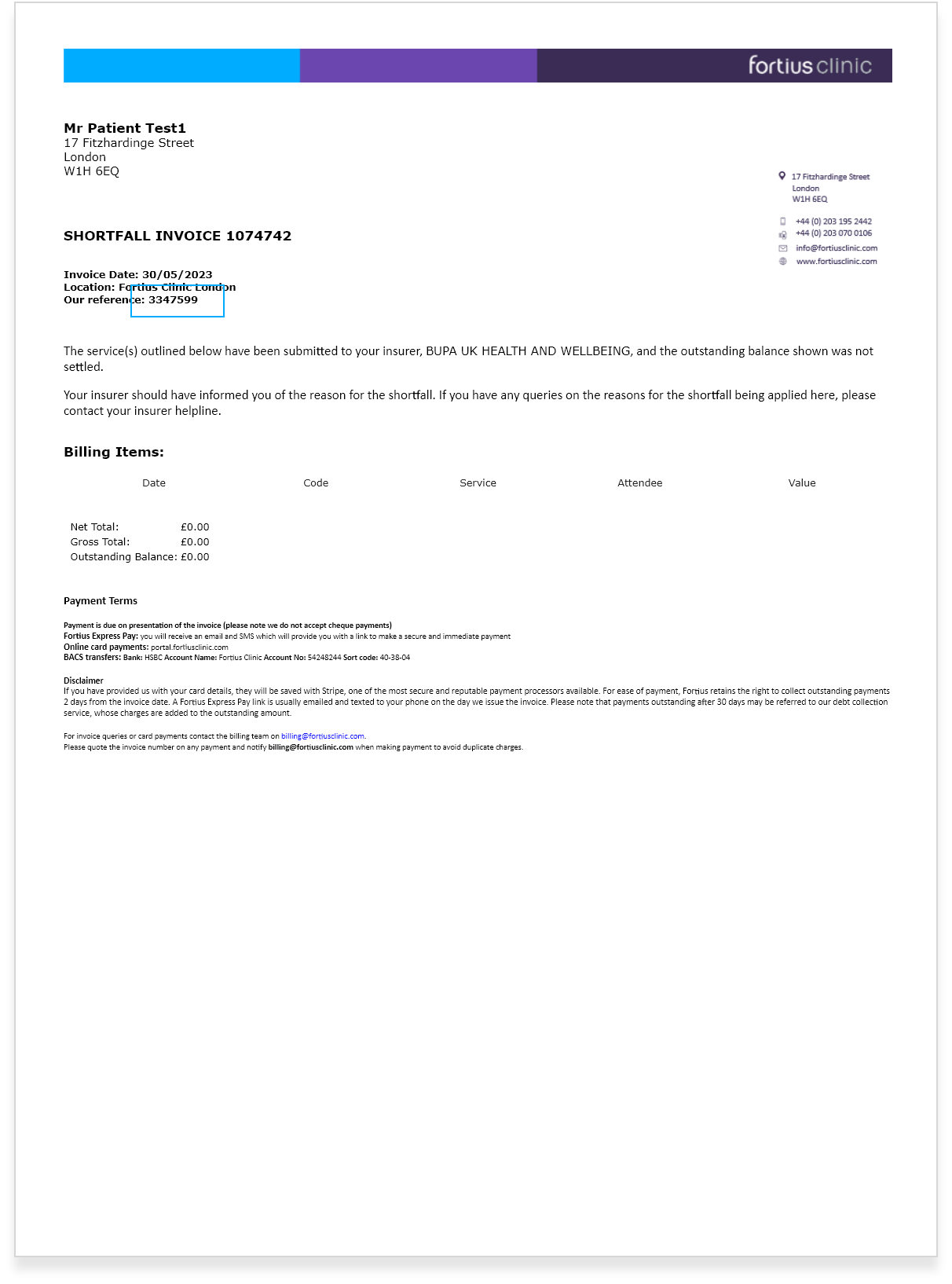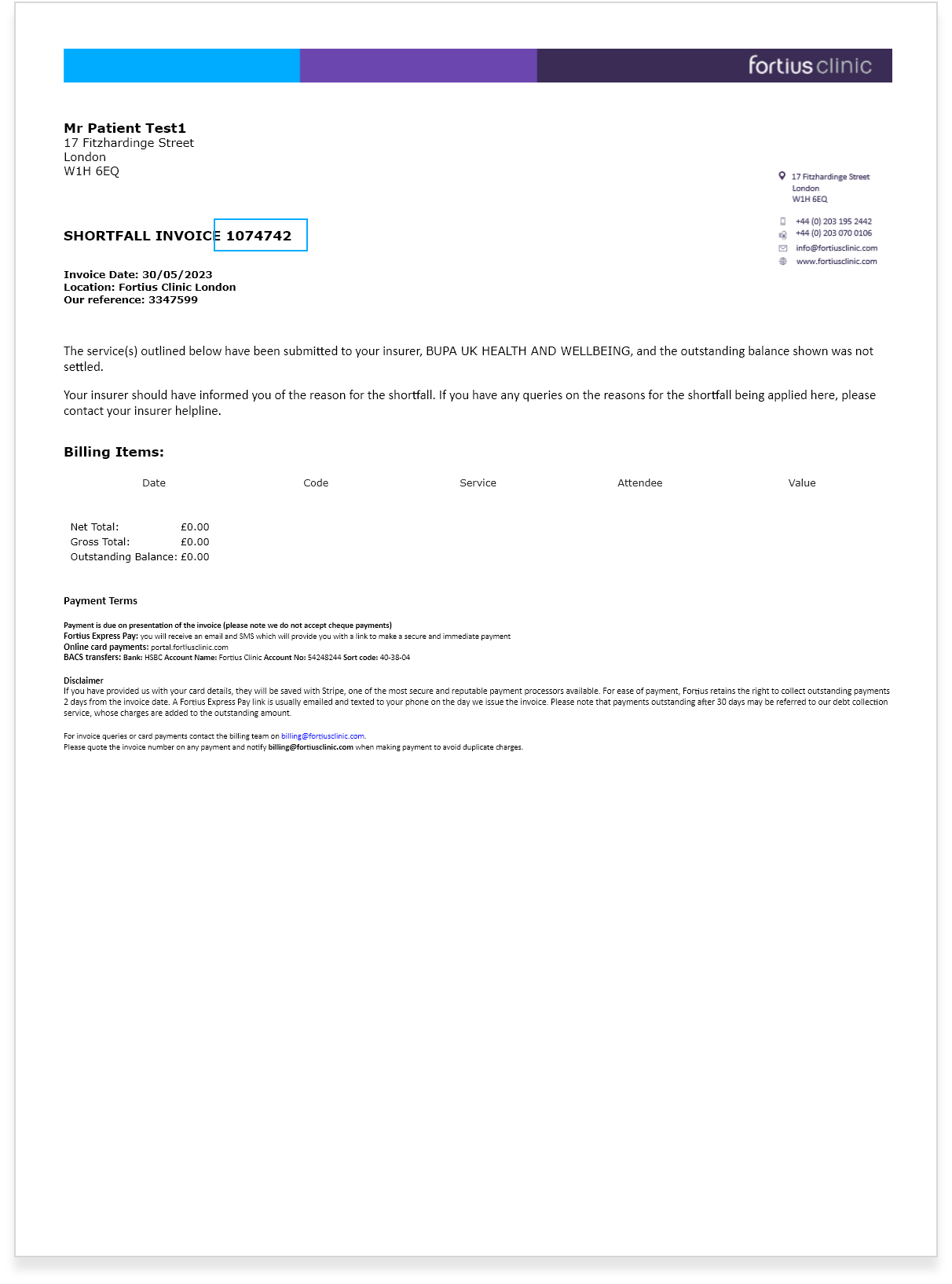Cavus foot and shin splints
What is cavus foot?
If you have feet with a very high arch, this can put too much weight on the ball of the foot and heel when standing and walking, causing pain and instability.
A high arched foot may be inherited but can also be caused by a number of medical conditions, including cerebral palsy, spina bifida, stroke, polio or muscular dystrophy. Pain or instability when you stand or walk are common symptoms. If it is caused by a medical condition it’s likely to worsen over time. As well as looking abnormally high, people with high arched feet often have other foot problems including toe deformities, pain or instability when you stand or walk, rubbing or soreness on the heel, ball or side of your foot. Weakened muscles in the foot and ankle, known as ‘foot drop’ which affect the way you walk.
Diagnosing cavus foot
After discussing your medical history and checking for a high arch and other problems such as toe deformities, the specialist will usually test your muscle strength, gait (the way you walk) and coordination. In some cases, you may have X-rays to back up the diagnosis.
Treating cavus foot
Non-operative treatment: you may be referred to our podiatrist for a biomechanical assessment and digital gait analysis, as well as orthotics and made to measure insoles.
Surgery: if non-operative treatment doesn’t help your symptoms, you may be offered surgery to help relieve pain and increase your stability and foot strength.



